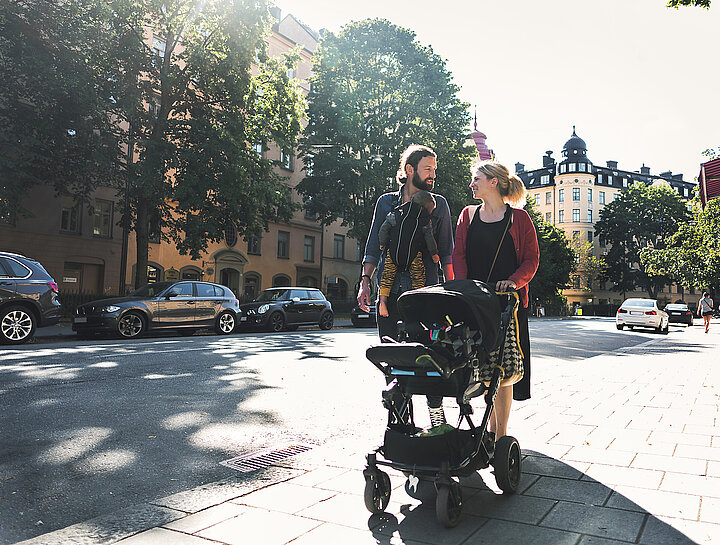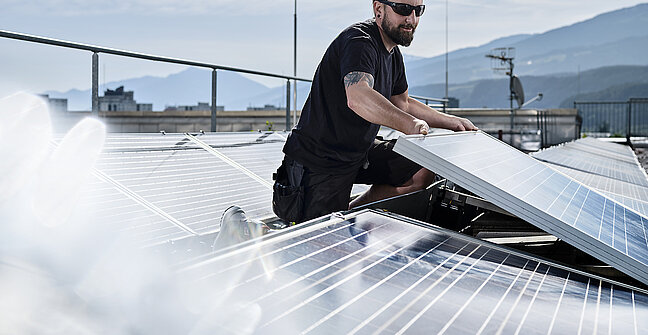
Cost of Living
The cost of living in the Austrian capital is significantly lower than in other major European cities.
Household Expenditure
According to Statistics Austria, the average cost of living is € 3,250 per household (equivalent to 2.2 persons). At over 24%, expenditure on housing and energy is in first place, followed by transport and leisure at just under 14% each.
The relatively low cost of living also contributes to the high quality of life in Austria. The low costs of food and public transport are particularly prominent. According to the IMD World Competitiveness Yearbook 2024, food costs in Austria are the second lowest in the EU. With the KlimaTicket, you can use all public transport in Austria for a whole year for just € 1,179.30. The annual ticket for public transport in the capital Vienna costs just € 365, i.e. one euro per day.
Thanks to the largely publicly financed healthcare system, expenditure on medical care in Austria is also moderate by international standards. The cost of childcare is heavily subsidised (although this varies from state to state) so parents have to pay less for childcare facilities.
In addition, salaries in Austria are high compared to other European countries. What is special in Austria, however, is that you are paid 14 monthly salaries. The payment of 14 monthly salaries is not regulated by law but is anchored in the industries’ collective agreements. The 13th monthly salary is called a holiday bonus, whereas the 14th monthly salary is seen as a Christmas bonus.
Both additional monthly salary payments are subject to lower tax rates. Holiday and Christmas bonuses are usually paid at the end of May or June and at the end of November respectively. In some companies, payment is made on a quarterly basis.
Distribution of Expenses
Further Information on Living Expenses
The costs of everyday life in Austria.
Further information for students.

